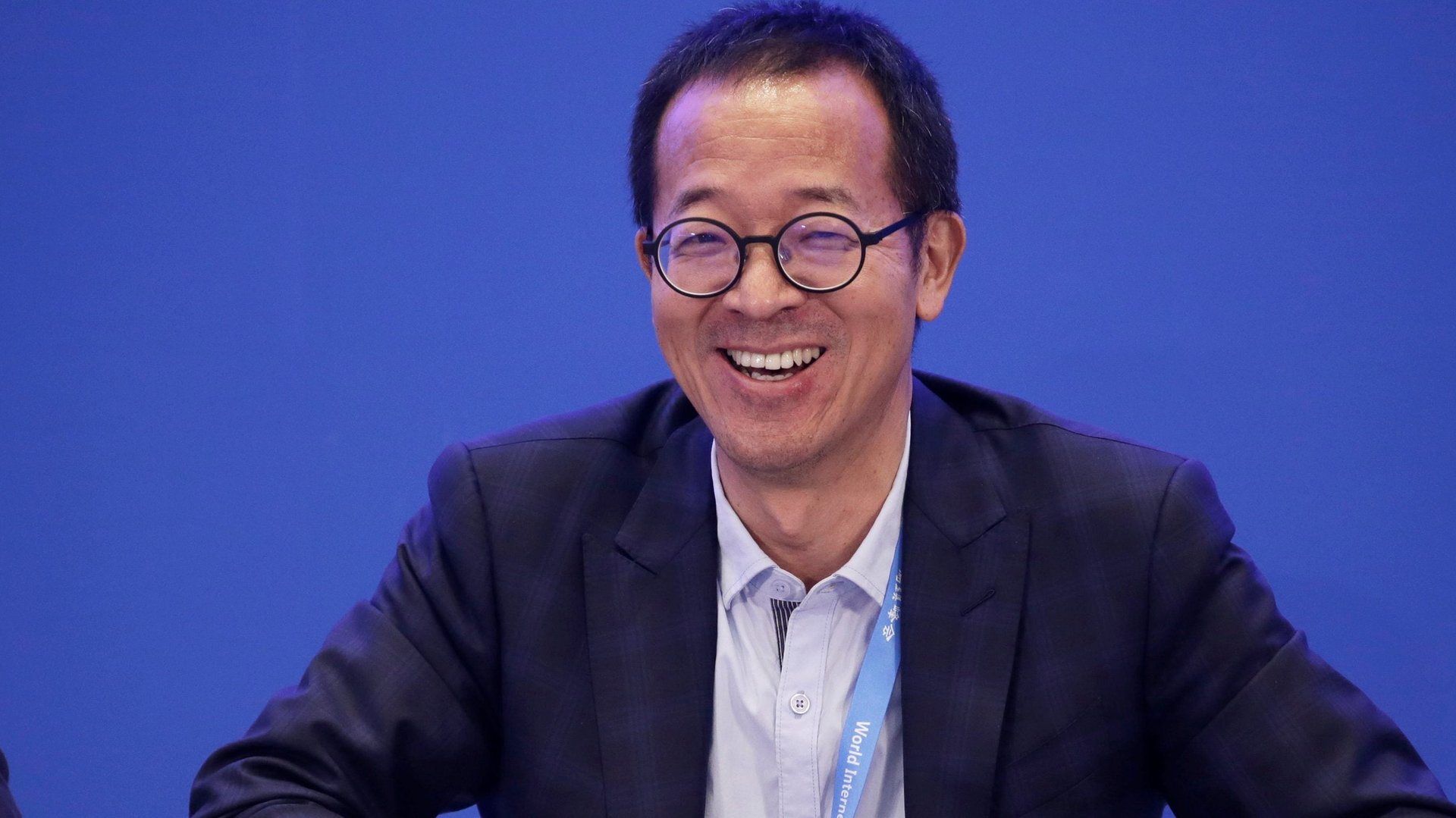China’s private tutoring giant disclosed the huge toll of Beijing’s education crackdown
China’s largest tutoring company, New Oriental, announced last year it would shut down most of its business to comply with Beijing’s regulatory crackdown on the education sector. On Saturday (Jan. 8), the company’s chairman and founder for the first time revealed the extent of the losses and layoffs that resulted.


China’s largest tutoring company, New Oriental, announced last year it would shut down most of its business to comply with Beijing’s regulatory crackdown on the education sector. On Saturday (Jan. 8), the company’s chairman and founder for the first time revealed the extent of the losses and layoffs that resulted.
China in July issued rules that aim to ease homework and after-school study hours for students, a policy dubbed the “double reduction.” Under the rules, tutoring companies aren’t allowed to teach kids school subjects from kindergarten to the ninth grade for profit; those who wish to offer such courses have to register as nonprofit organizations. In November, New Oriental announced the decision to end its K9 business by the end of 2021.
In a post (link in Chinese) published on his public account on the Chinese messaging app WeChat on Saturday, Yu said the company faced “too many changes” in 2021.
“Due to various factors including policies, the coronavirus, and international relations, lots [of the firm’s businesses] are in uncertainty,” he wrote. Although the company managed to survive, it had to let go of around 60,000 employees, while its operating income plunged by 80%, according to Yu. The K-9 business accounts for around 50%-60% of company revenues, New Oriental said last year. To cover payments to laid-off employees, tuition fee refunds, and fees for canceling leases for the firm’s teaching centers, the company had to spend around 20 billion yuan ($3 billion) in cash, he said.
Like other business figures in China, Yu has been careful enough not to voice any complaints about the damage the Chinese regulations have had on his business amid Beijing’s ever greater pressure for entrepreneurs to toe its line. But going forward, the situation and policies are “still changing,” and the company needs to adapt to the changes and look for opportunities that fit overall national strategies, wrote Yu. Like its peers, New Oriental has been exploring ways to transform its business—essentially to make it more in line with Beijing’s agenda.
One of the government’s goals is boosting rural incomes, making agriculture a “politically correct” field more firms are exploring. Yu has said the company will set up a platform to help farmers sell their produce, with the help of hundreds of the firm’s teachers through livestream. In the WeChat post, Yu said the firm’s Hong Kong-listed entity, Koolearn Technology, has launched a platform named “Dongfang Zhenxuan” (东方甄选), or roughly translated as “selectly chosen by Oriental” for selling agricultural products.
The platform was first announced (Chinese) by the company in late December, and currently can be found on short video app Douyin and WeChat’s mini-program channel that hosts various third-party applications within the messaging app. The platform currently has eight categories of goods, ranging from fresh fruits and vegetables to smart hardware.
The company, which started as a firm that helps Chinese students to prepare for English-language tests to study abroad, is also going to increase its investment in university students and overseas Chinese language education markets, Yu said.